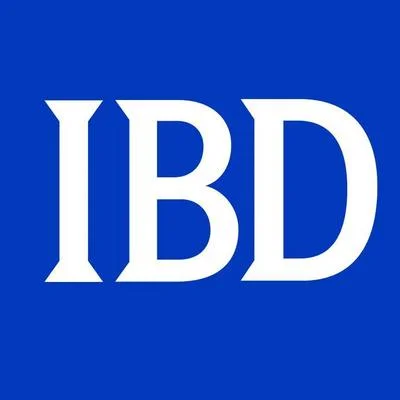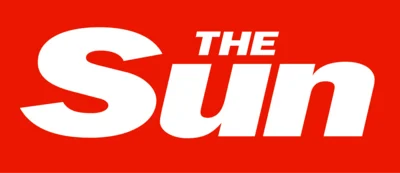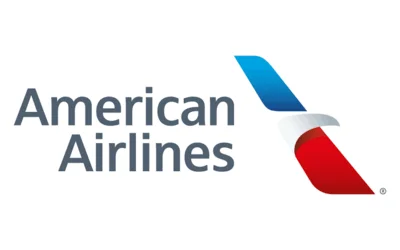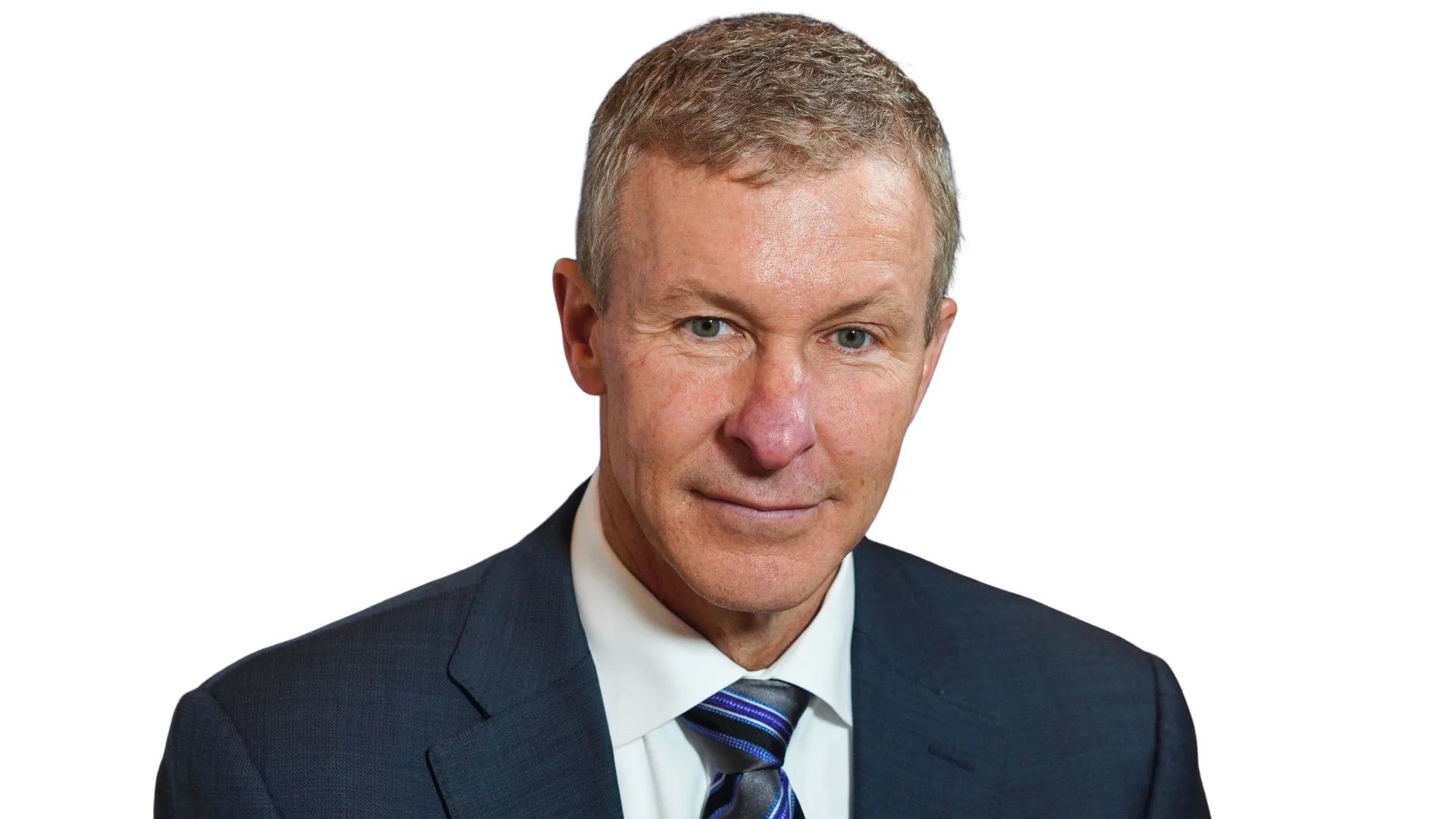Major US airlines, including United Airlines, are reportedly charging solo travelers up to 70% more for tickets compared to groups of two or more. This practice, known as the "single supplement," is attributed to the lower revenue generated from single-seat sales. The lowest fares may not be available to solo travelers due to demand-based pricing and ticket quantity in a single transaction.
Business travelers, who often book last-minute and travel alone, are primarily targeted by this strategy. Airlines use layered fare classes with specific regulations, some requiring a minimum of two passengers per reservation. Analysts suggest that corporate flyers are less sensitive to price changes since expenses are covered by company credit cards. Kyle Potter, executive editor of The Thrifty Traveler, noted that airlines aim to maximize profits by targeting business travelers willing to pay higher prices.
Delta Air Lines faces criticism from US lawmakers for planning to implement artificial intelligence (AI) fare pricing. The AI system would use passenger data to determine maximum ticket prices without setting personalized rates. Delta is collaborating with Israel-based Fetcherr and intends to apply the technology on 20% of its US network by late 2025.
 Alerts Sign-up
Alerts Sign-up





































